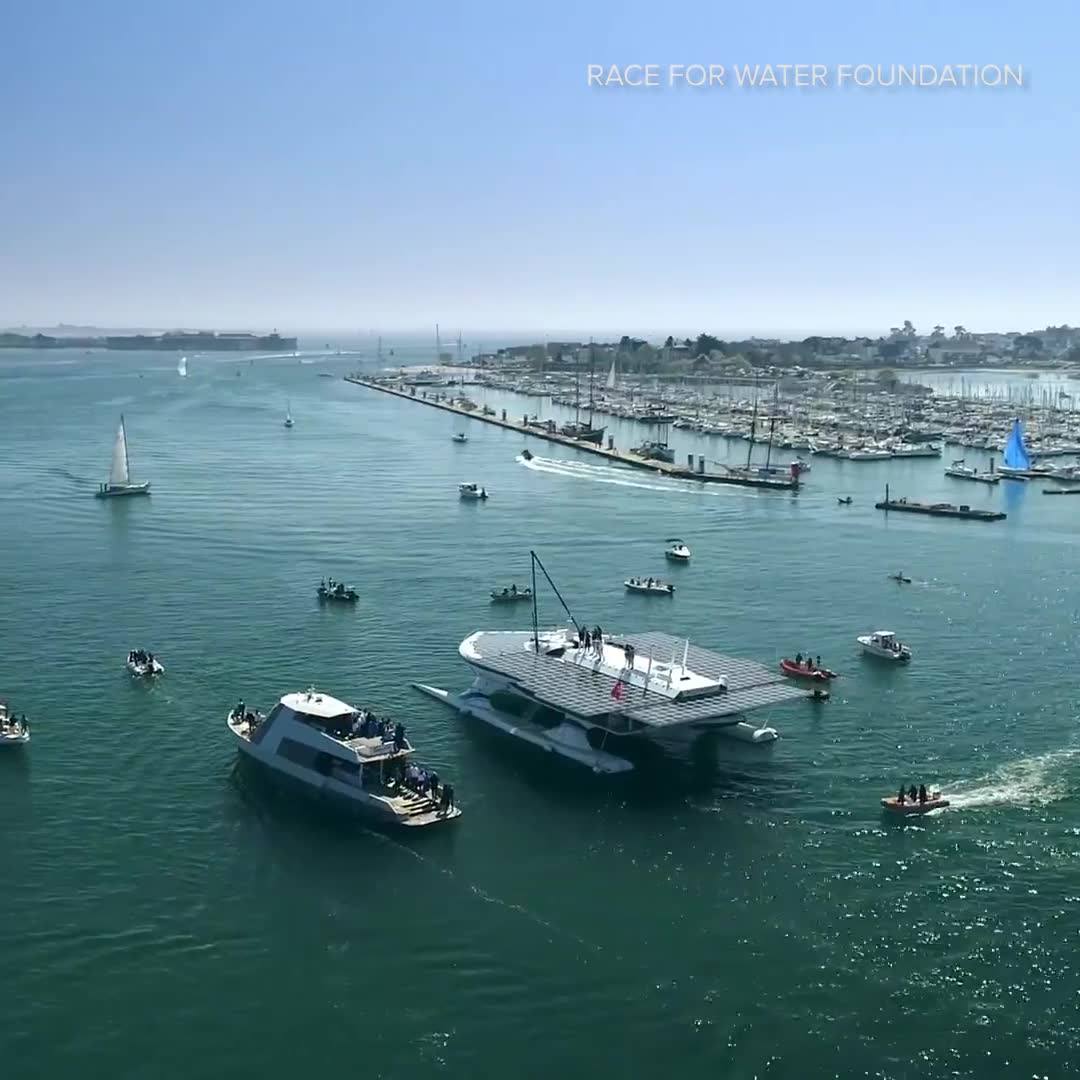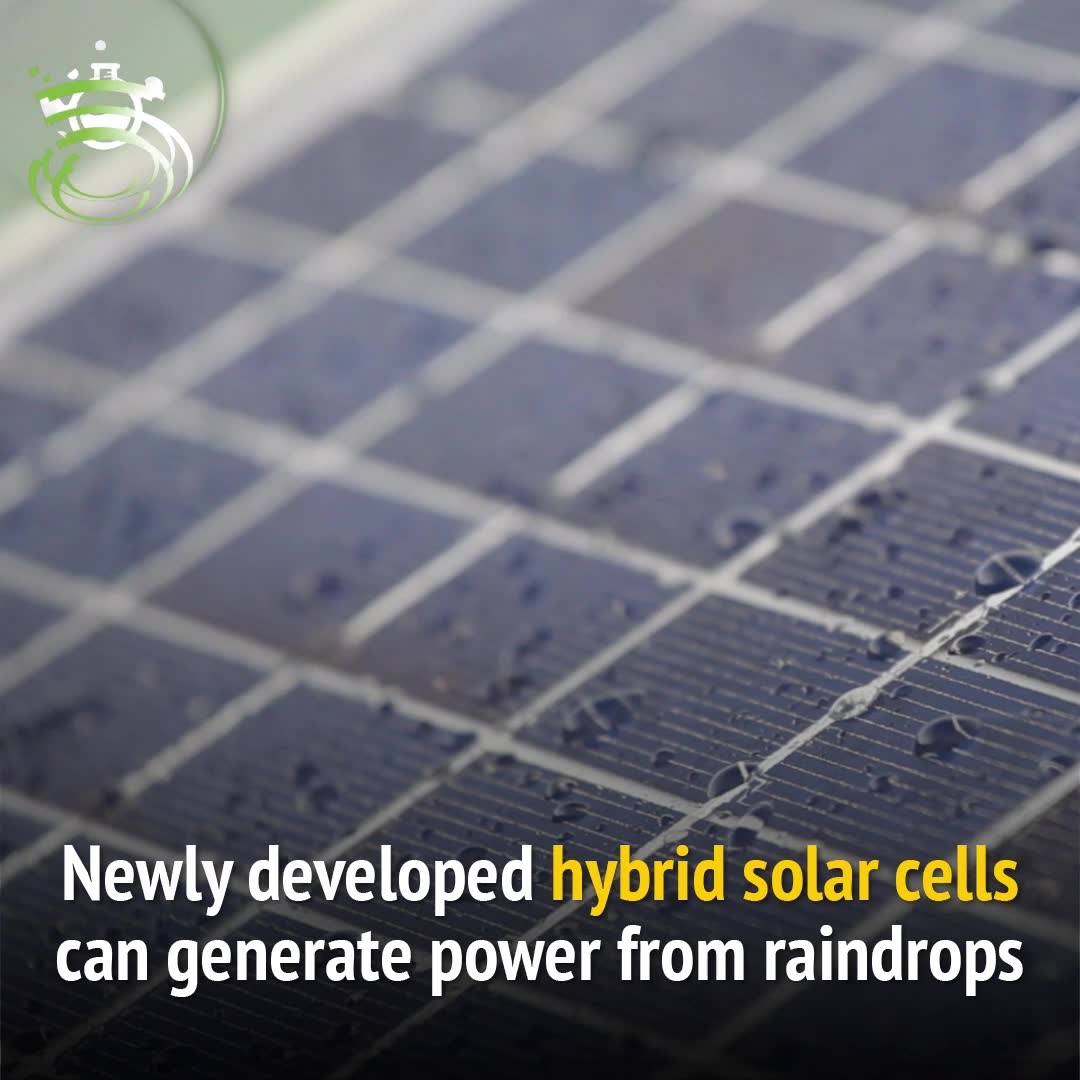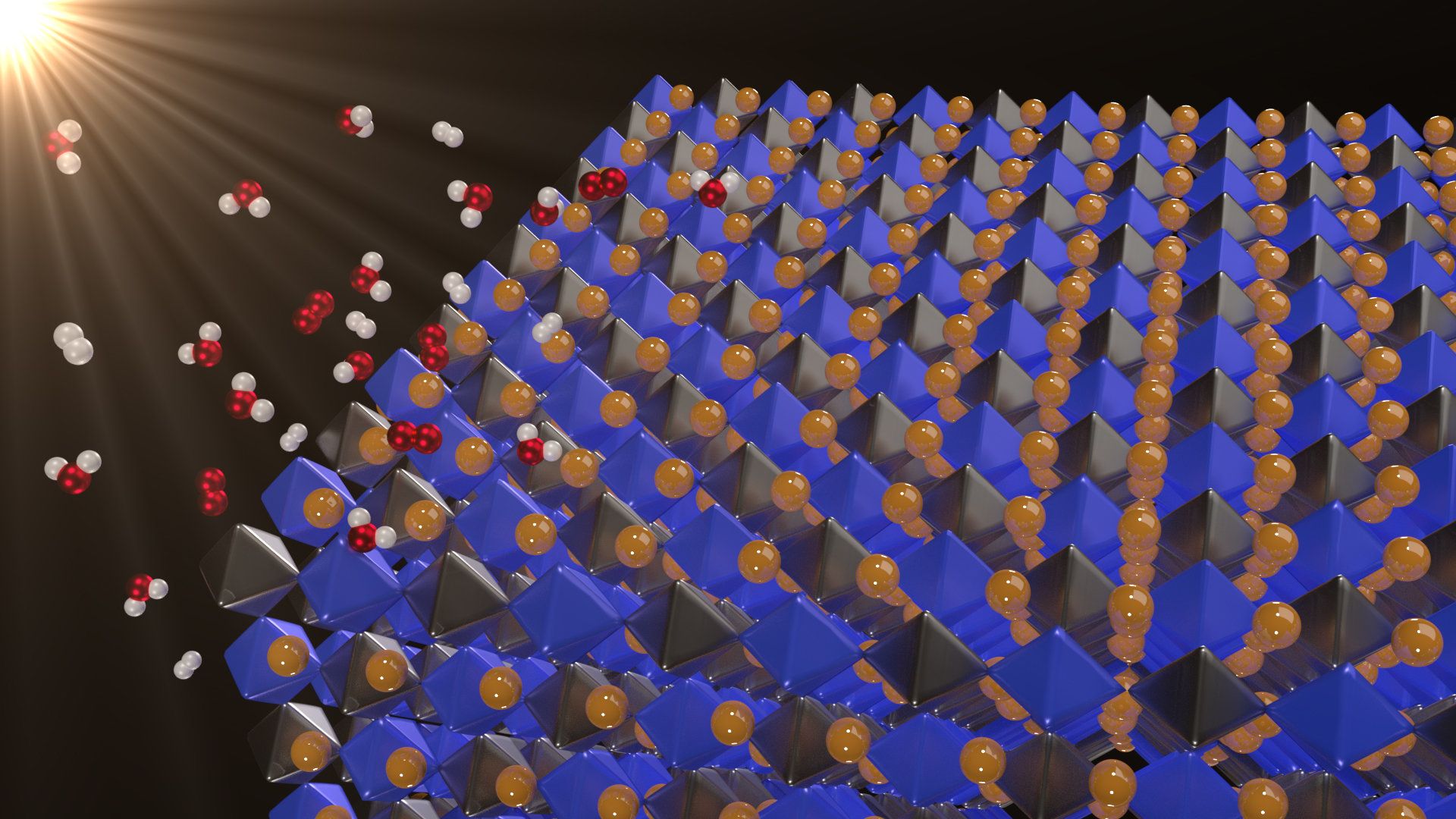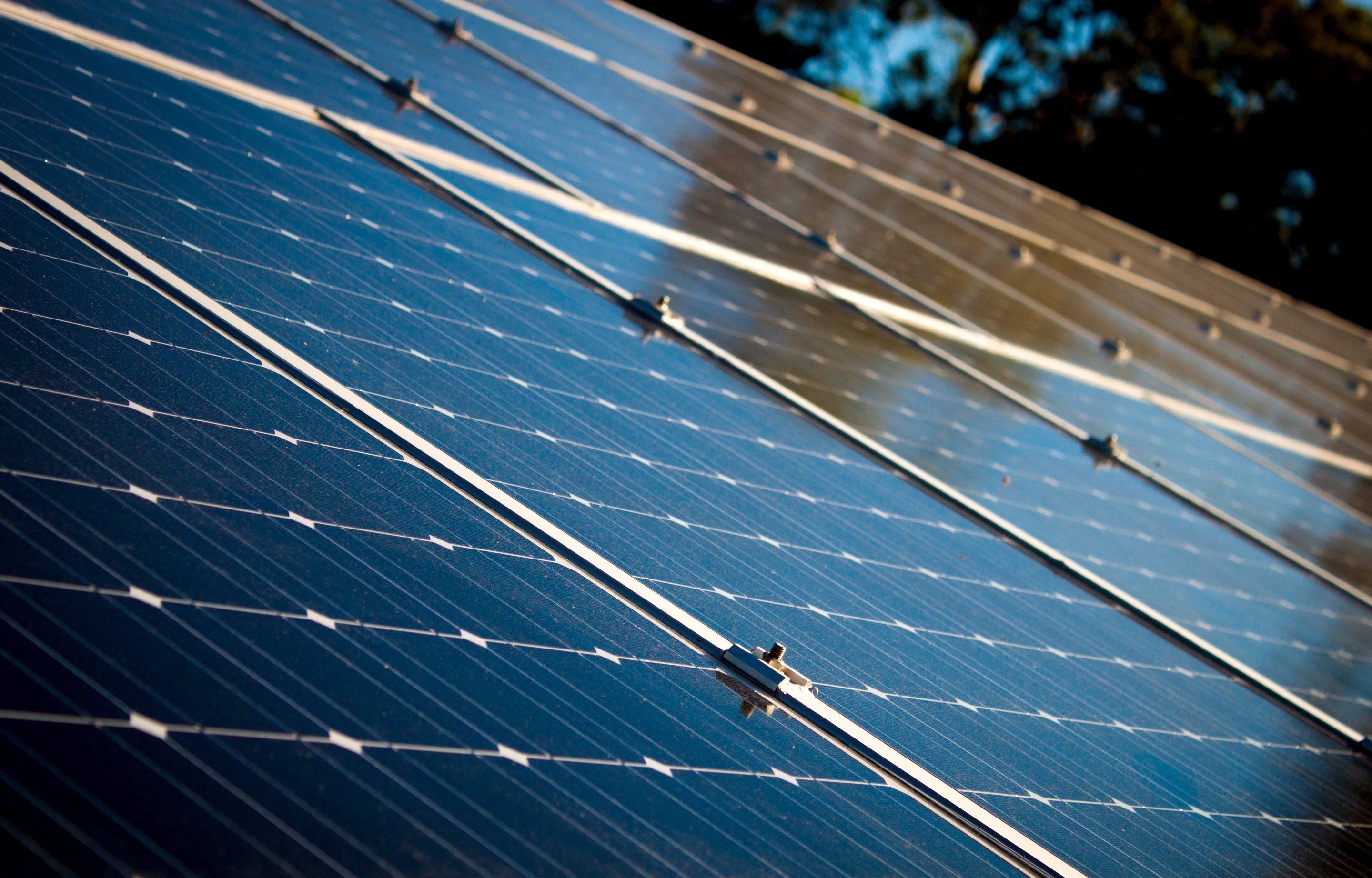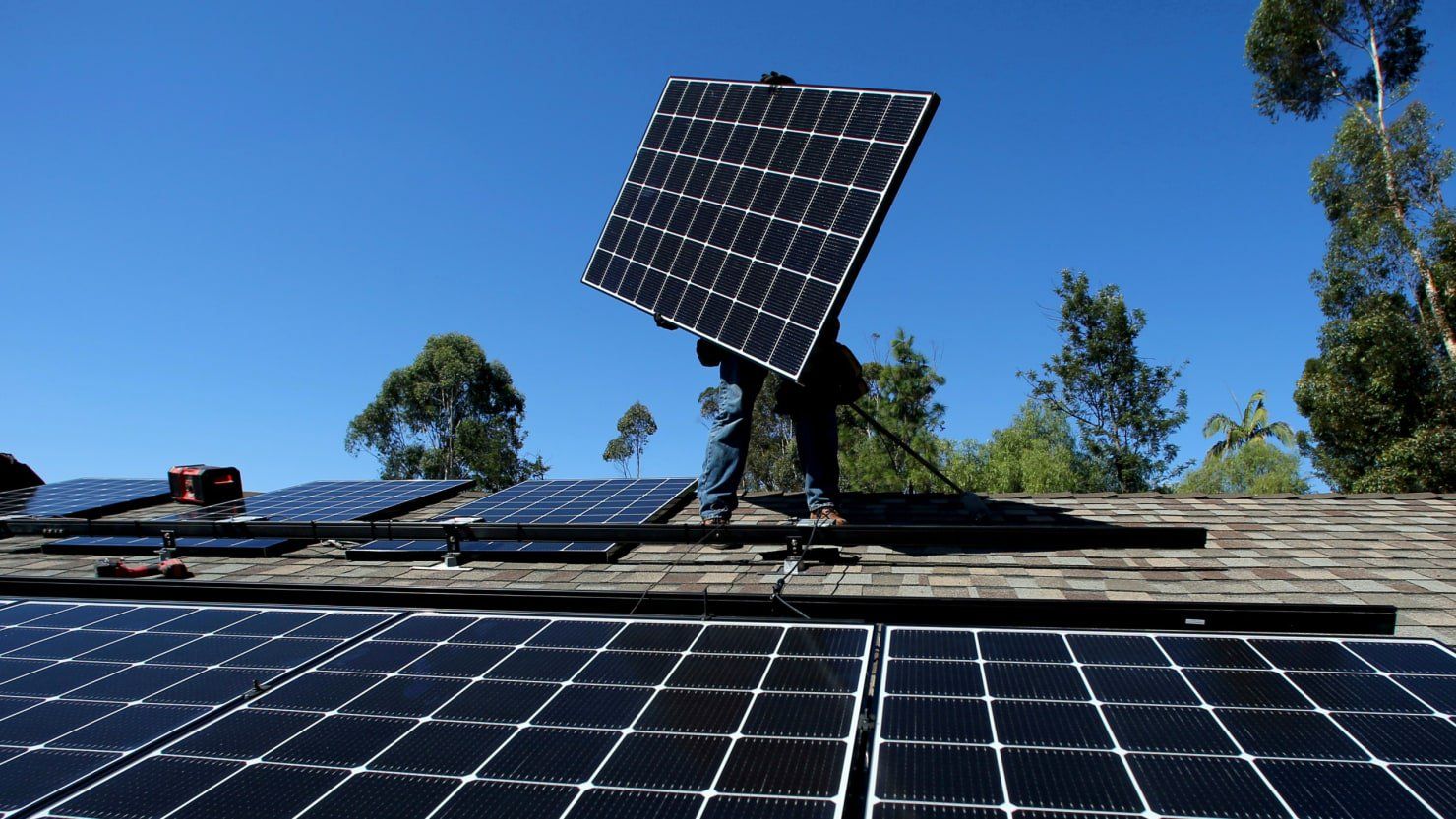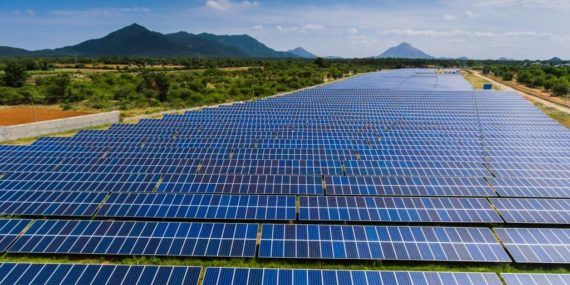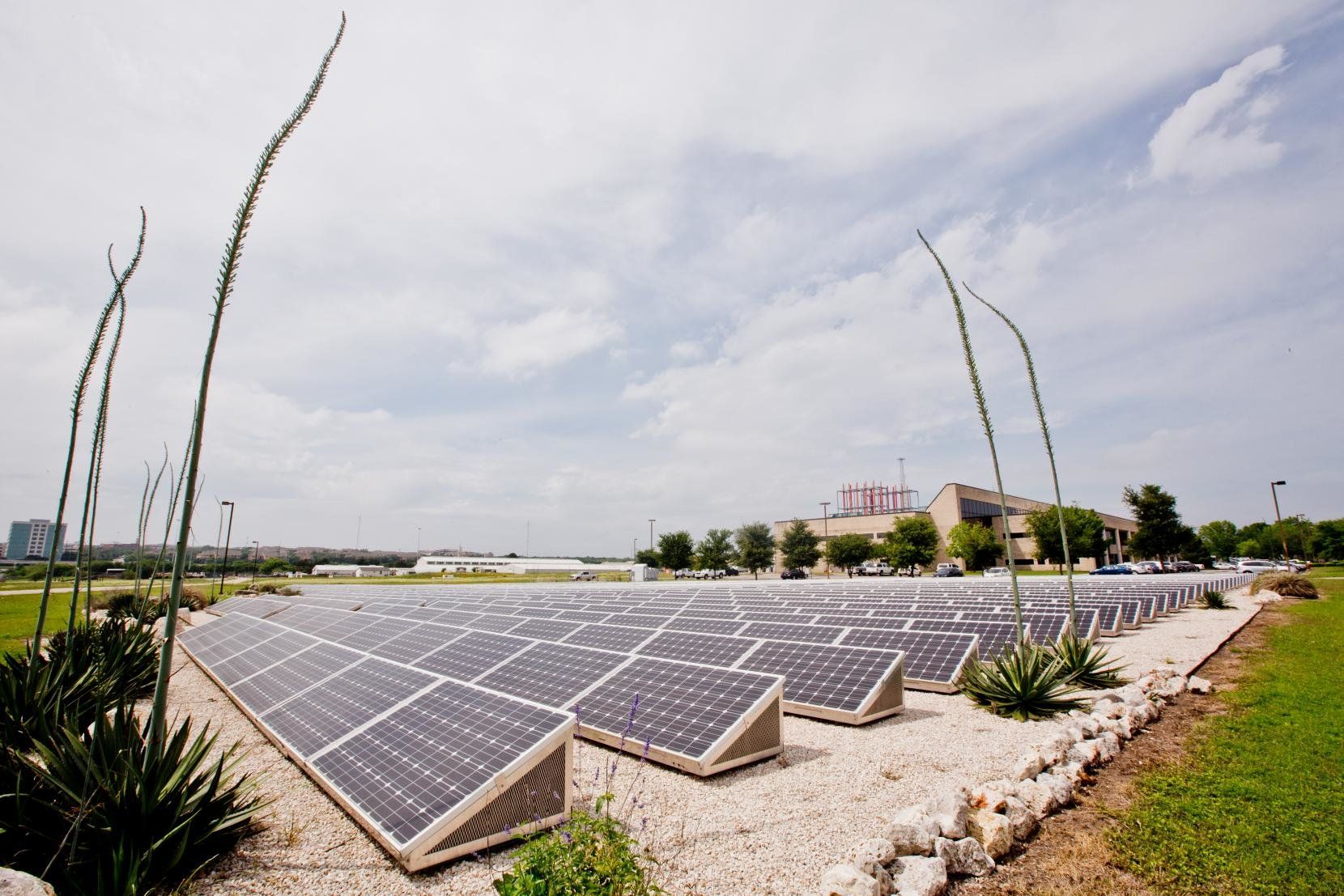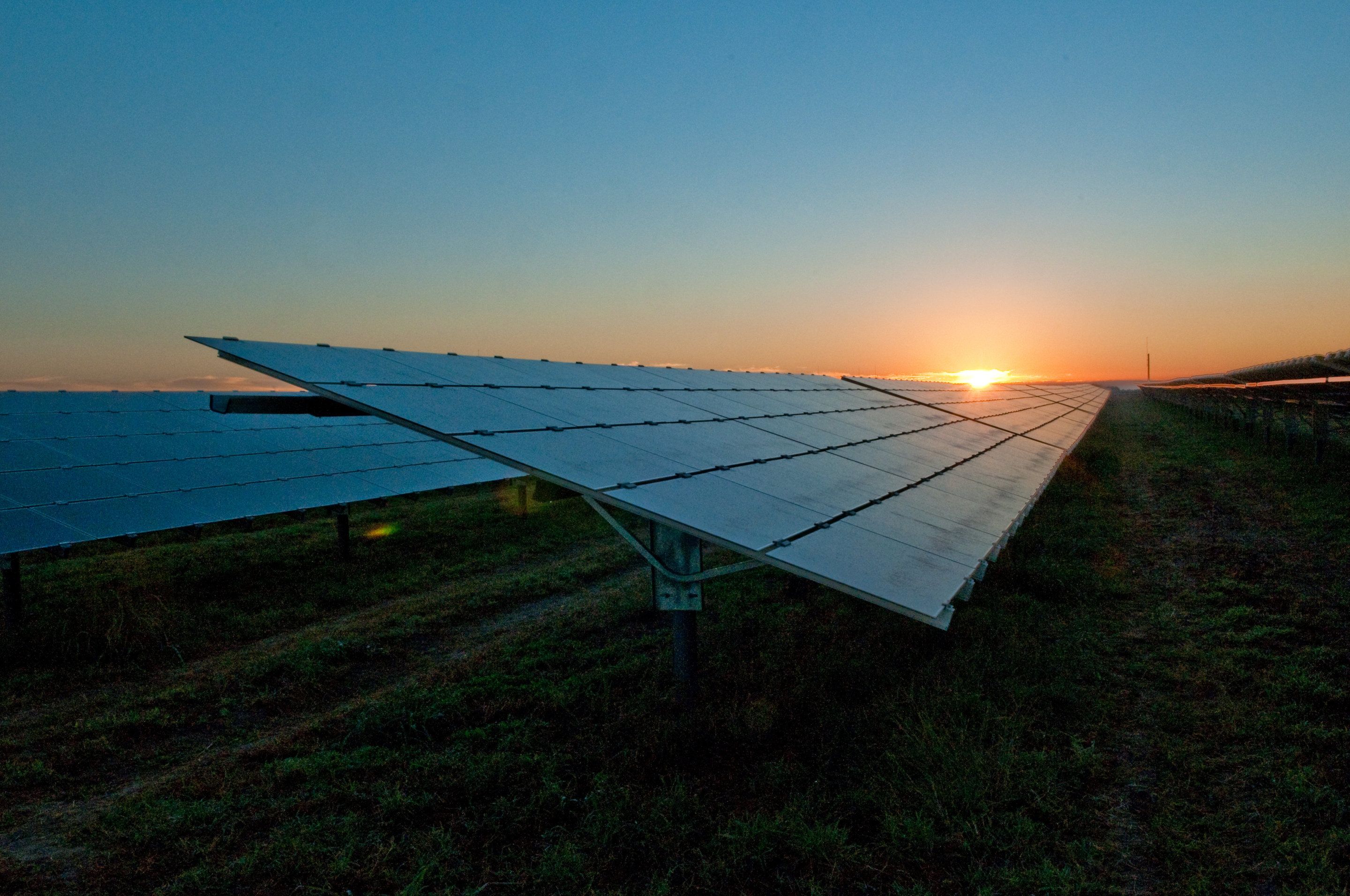Archive for the ‘solar power’ category: Page 113
Jun 19, 2018
Solar Cells Can Now Generate Power From Raindrops
Posted by Shailesh Prasad in categories: solar power, sustainability
Jun 18, 2018
Promising new material has the right properties to capture solar energy, split water into hydrogen and oxygen
Posted by Bill Kemp in categories: solar power, sustainability
Solar energy is clean and abundant. But when the sun isn’t shining, you must store the energy in batteries or through a process called photocatalysis—in which solar energy is used to make fuels. In photocatalytic water splitting, sunlight separates water into hydrogen and oxygen. The hydrogen and oxygen can then be recombined in a fuel cell to release energy.
Now, a new class of materials—halide double perovskites—may have just the right properties to split water, according to a newly published paper in Applied Physics Letters.
“If we can come up with a material that can be useful as a water-splitting photocatalyst, then it would be an enormous breakthrough,” said Feliciano Giustino, a co-author on the paper.
Jun 13, 2018
Are solar panels a middle-class purchase? This survey says yes
Posted by Bill Kemp in categories: habitats, solar power, sustainability
Too bad the middle class is shrinking!
The rate of growth in residential rooftop solar photovoltaics (PV) in Australia since 2008 has been nothing short of breathtaking.
Our new research suggests that the households most likely to join in the solar spree are those that are affluent enough to afford the upfront investment, but not so wealthy that they don’t worry about their future power bills.
Continue reading “Are solar panels a middle-class purchase? This survey says yes” »
Jun 12, 2018
Solar Surpasses Wind, Natural Gas as Leading Source of New Energy
Posted by Dan Kummer in categories: solar power, sustainability
Americans installed 2.5 gigawatts of solar panels in the first quarter of the year—a 13 percent increase from a year earlier, according to a report by the Solar Energy Industries Association. That made solar the leading source of new energy generation at 55 percent, dominating over wind and natural gas turbines. This was in spite of the fact that President Donald Trump imposed tariffs earlier this year on imported panels and their parts, reported Bloomberg News. Total installations are on track to reach 10.8 gigawatts at the end of the year, with installations reaching more than 14 gigawatts by 2023.
Jun 10, 2018
India Increases Its Massive 2022 Renewable Energy Target
Posted by Dan Kummer in categories: solar power, sustainability
For the last several years, CleanTechnica has covered renewable energy development in India quite closely. Several years ago, India set what seemed like a lofty target of 175 gigawatts of wind and solar energy by March 2022. Few believed that was a practical target, but then India plowed forward and happily impressed the world. This week that goal was increased to 227 gigawatts!
Currently, India has added a little more than 70 gigawatts of that goal. Assessing the progress to date on a linear scale, the trend would seem to indicate the country is behind. However, renewable energy growth is not linear.
Continue reading “India Increases Its Massive 2022 Renewable Energy Target” »
Jun 6, 2018
Solar Cell Breakthrough Could Make Panels Far More Efficient, Study Says
Posted by Bill Kemp in categories: solar power, sustainability
Researchers at MIT and Israel’s Technion have a multi-layered surface material that will help solar cells turn more sunlight into energy. In addition to more efficient solar cells, the new innovation opens the door for more powerful and sophisticated semiconductors, LEDs and more.
May 30, 2018
Elon Musk Called Nanotechnology BS
Posted by Klaus Baldauf in categories: Elon Musk, engineering, nanotechnology, solar power, sustainability
In case you missed it, Elon Musk called BS on the field of nanotechnology last week. The ensuing Twitter spat was admittedly rather small on the grand scale of things.
But it did throw up an important question: just what is nanotech, and where does the BS end and the science begin?
I have a sneaky suspicion that Musk was trolling with his initial nano-comment. After all, much of the tech in his cars, solar cells and rockets relies on nanoscale science and engineering.
May 23, 2018
Single-system solar tech cuts clean energy costs in half
Posted by Bill Kemp in categories: engineering, solar power, sustainability
Generating power from the sun isn’t the problem. The technology has been there for decades. Storing that power efficiently, however, has been a challenge.
That’s why the Department of Energy has awarded $3 million to engineering researchers at The University of Texas at Austin to overcome the Achilles’ heel of the solar power story since Day One: how to store its energy.
To date, most major solar energy systems are bulky and expensive, with inefficient storage capacity. Energy coming from existing solar power systems must be housed in storage systems outside of the generators that create the power. In other words, two separate systems are required to ensure successful operation.
May 23, 2018
As more solar and wind come onto the grid, prices go down but new questions come up
Posted by Bill Kemp in categories: solar power, sustainability
Wind and solar energy are growing rapidly in the U.S. As these energy sources become a bigger part of the electricity mix, their growth raises new questions: How do solar and wind influence energy prices? And since power plants last for decades, what should policymakers and investors think about to ensure that investments in power infrastructure pay off in the future?
Our research team at the Lawrence Berkeley National Laboratory decided to look at what effect a higher share of wind and solar will have on these questions. In our latest study, we found that high shares of these energy resources lead to several profound changes in electric power systems.
In particular, our study shows how solar and wind tend to lower energy prices, but they add new complexity for operating the grid, which has big implications for regulators. For consumers, this research is a reminder that making the electricity grid cleaner with wind and solar is an evolving process that requires significant changes to how the power grid is currently run—but one that offers large opportunities, if we as a country can become more flexible when we use electricity.
